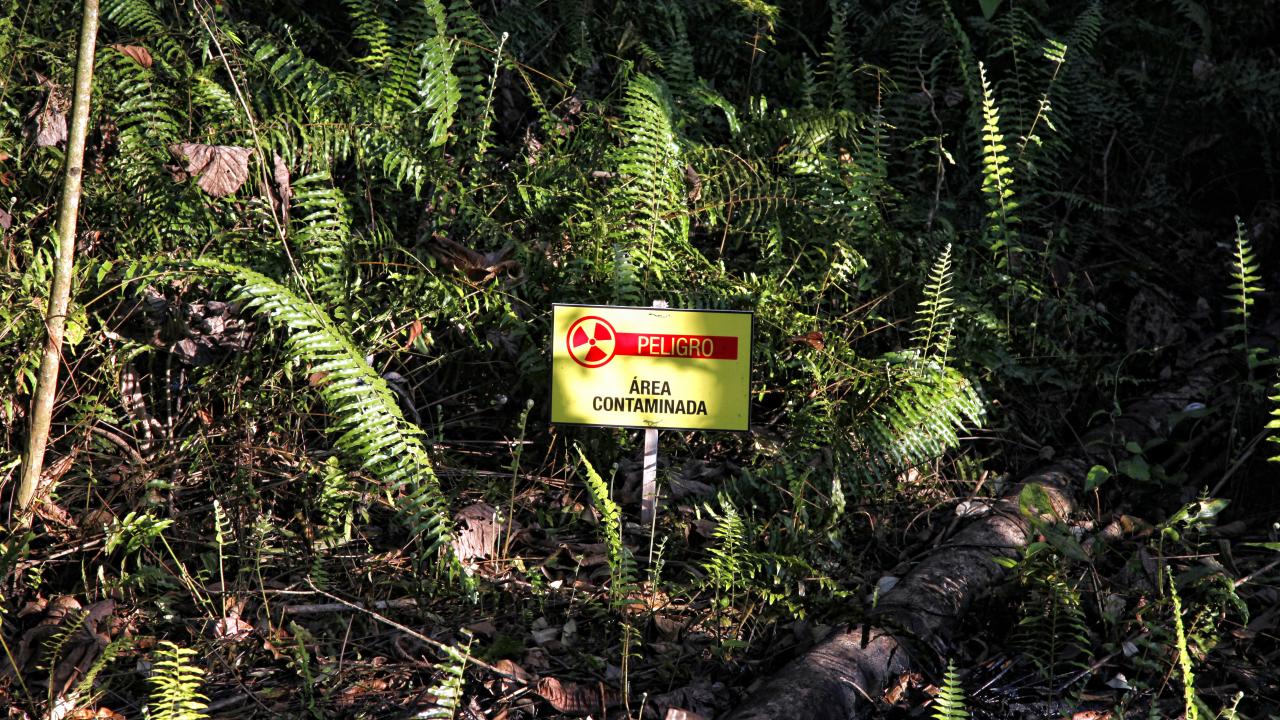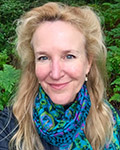
Anthropologist Receives Two Fellowships to Write Book on Ecuador Oil Pollution Case
Suzana Sawyer named American Council of Learned Societies, UC Faculty Research Fellow

For more than two decades, a group of Ecuadorians has waged a court battle over an environmental disaster in the Amazon—winning a $9 billion judgment in Ecuador against Chevron in 2011 that was later blocked in U.S. federal courts.
Suzana Sawyer, an associate professor of anthropology, says that long-standing legal dispute, still being waged in courts in Canada and currently on petition before the U.S. Supreme Court, could provide insights into how to reconcile complex contamination disputes around the world.
Sawyer, who studies struggles among forest peoples, government and oil companies, is exploring that topic for a book, Suing Chevron: Law, Science, and Contamination in Ecuador and Beyond.
Her project traces the events that compelled these Ecuadorian and U.S. court decisions. Interrupting Chevron’s and the US federal court’s depiction of the Ecuadorian trial as fraudulent, Sawyer examines the actual litigating of the lawsuit, analyzing its toxicological, epidemiological, contractual, judicial, vernacular and sensorial dimensions.
"Exploring radically different litigating procedures than those in the United States," she suggests, "might both offer alternative templates for imagining how to resolve highly challenging environmental controversies and underscore contradictions within the U.S. legal system whereby formidable corporate challenges hold sway."
The American Council of Learned Societies recently announced its support for Sawyer’s book when it named her a 2017 ACLS fellow. Her fellowship comes with a $50,000 stipend to allow her to focus full time on researching and writing her book. Sawyer is one of 71 scholars in the humanities and social sciences selected from a pool of nearly 1,200 applicants nationwide, the council said March 30 in announcing the award.
She also has been awarded a 2017–18 University of California President’s Faculty Research Fellowship in the Humanities to research and write Suing Chevron.
A long-running court case
The Chevron case resulted from pollution caused by Texaco’s petroleum drilling in the Oriente region of the Amazon Basin of northeastern Ecuador from 1972 to 1990. Lawyers representing local people sued Texaco in 1993. When Chevron acquired Texaco in 2001, it inherited the class-action lawsuit, though insists it bears no responsibility for pollution in the region.
In 2011, a judge in Ecuador issued a $9 billion judgment against Chevron. In 2014, a U.S. District Court judge ruled that the Ecuadorian plaintiffs could not collect in the U.S., siding with Chevron claims that the judgment was obtained through fraud by the plaintiffs’ attorneys. A U.S. appellate court upheld that ruling last August.
Sawyer, in her proposal to ACLS, said her book will counter Chevron’s corruption narrative. “In a world … where ever-multiplying events of indeterminate harm result from corporate activity, this project pays careful attention to how we reconcile socio-ecological controversies, make sense of corporate actions, and think about transnational jurisprudence and environmental accountability across the globe.”
— Kathleen Holder, content strategist in the UC Davis College of Letters and Science.
